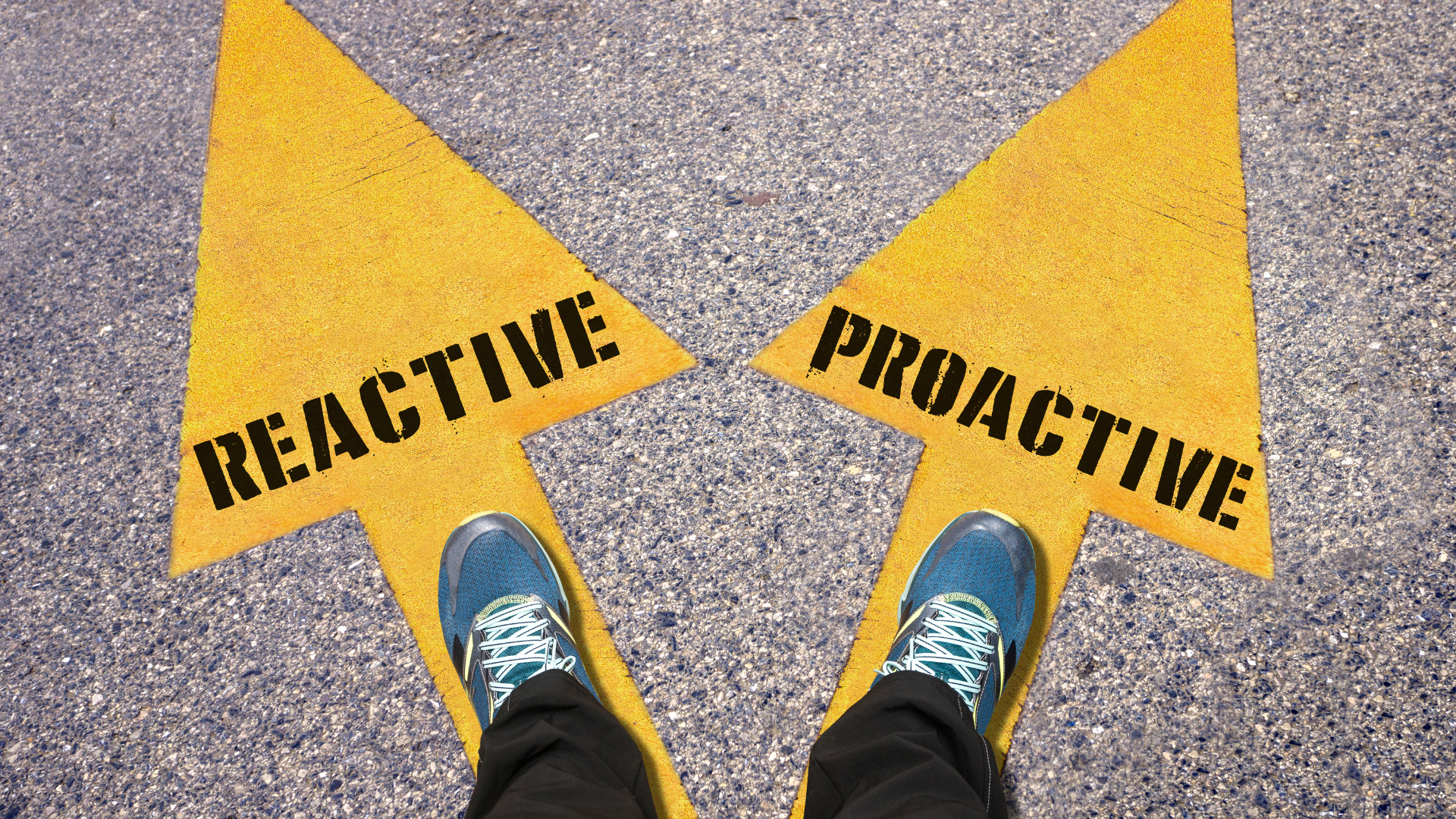Caring for your health is not a luxury — it should be an expectation! If you are struggling with back pain, a hip injury, or are looking for arthritis relief, shoulder relief, or overall pain management techniques, this is not a wishful request. Self-care and taking care of your physical health should be a priority because it is healthcare, and it is a fundamental human right.
The definition of healthcare, according to the Merriam-Webster Dictionary, reads:
“Efforts to maintain, restore, or promote someone’s physical, mental, or emotional well-being.”
This doesn’t only refer to going to the doctor when you get the flu or going to the hospital to get a knee replacement — it refers to anything, any service, or any effort to enhance one’s health. Whether it is life or death, or whether it is to prevent future complications or take care of acute conditions, it is healthcare. Do not classify treatment as “wishful” or “unnecessary” just because your pain or condition isn’t causing unbearable pain or symptoms at the moment.
Proactive Care
Proactive care refers to taking care of your body and getting treatment before issues arise. People who utilize proactive care invest in their health today for a healthier future.
For example, people get regular oil changes to ensure their car is running at its best and to prevent issues such as engine damage. This is proactive care in a nutshell.
Proactive healthcare focuses on:
-
Regular maintenance
-
Early detection
-
Creating habits that promote long-lasting health

Proactive care at Midland Sports Rehab
Reactive Care
Reactive care, opposite to proactive care, is when people wait for issues to occur before addressing them. While many think they are simply “living in the moment,” this mindset comes with a cost. Why suffer from pain when you could have prevented it in the first place?
Think about when you get the flu — most people say, “I miss when I was healthy,” or, “I would do anything to feel healthy again.” Many people don’t appreciate or value their health until they are actively battling an illness, and then they wish they had used more preventative measures. This is one result of reactive care.
Benefits of Proactive Care
Many patients rely on reactive care because they feel proactive care is an unnecessary expense. Some believe that if they are not in active pain, they are healthy — or they don’t even consider the pain or health problems they might face in the future without preventative measures.
There are many benefits to proactive care, including preventing future pain, illness, and conditions. But the benefits don’t stop there. Additional benefits include:
-
Prevention of issues – As mentioned, proactive care helps you avoid problems before they even happen.
-
Save money – Preventing issues before they occur saves money by avoiding extensive treatments or interventions later. By addressing concerns early, you reduce your risk of costly treatments like MRIs, surgeries, or even emergency room visits.
-
To put this in perspective: in the United States, the average one-night hospital stay costs around $3,045. The average hospital stay is four days — over $12,000 for just four days in the hospital. This doesn’t include doctor’s appointments, specialist visits, or other treatments you may need after your hospitalization. Proactive care is a small investment compared to the cost of waiting for a situation like this to occur.
-
-
Early detection – Identifies potential problems before they become severe.
-
For example: You come to our chiropractor for proactive care. During your exam, adjustment, and treatment, the chiropractor notices your hips are extremely tight and have limited range of motion. If not addressed, this could result in sciatica or chronic pain. But because you came in proactively, you address the problem before it turns into pain.
-
-
Better outcomes – Early intervention leads to more effective and sustainable health results.
-
Improved quality of life – Investing in your health helps maintain physical, mental, and emotional well-being.
Think About It…
- If cleaning your gutters today could prevent water damage to your home tomorrow, wouldn’t you make time for it?
- If cleaning your fireplace in the summer could prevent dangerous chimney fires in the winter, would you do it?
- If putting on sunscreen today could prevent skin cancer in the future, would you put it on?
Don’t wait until you are wishing you had taken earlier action. It’s easy to put your health “out of sight, out of mind,” but almost all of our patients who come in with chronic pain or complicated conditions wish they had taken care of their bodies before reaching this point.
Don’t put your health on the back burner because you classify treatment as “a luxury” or “unnecessary.” One day you might be thinking, “I wish I had prioritized my health when I had the chance.”

Proactive care at Midland Sports Rehab
Conclusion
Self-care is not a luxury. In fact, it’s the recommended and responsible thing to do. People don’t wait until their car explodes to get an oil change, and you shouldn’t wait for pain and discomfort to seek care.
At Midland Sports Rehab, we are a physical rehabilitation center specializing in physical rehab for the best, most effective results. But don’t let our name fool you — while it might sound like we only serve athletes, we provide pain relief and pain management for all ages, conditions, and lifestyles in Midland, MI. You do not need to be an athlete to receive our evidence-based pain management treatments. Book an appointment today to start your journey towards better, proactive health!

